Human Comedy, The (1943)
“Try to remember that nothing good ever ends.”
|
Synopsis: |
|
Genres, Themes, Actors, and Directors:
Response to Peary’s Review: I’m not quite as enamored with the film as Peary (who nominates it as one of the Best Pictures of the Year in his Alternate Oscars). My sentiments are much more aligned with those of DVD Savant, who writes that “the movie has all the faults of a wartime film tailored for morale purposes, and as such offers a strange mix of Saroyan’s poetry (too much of it, in fact) and overbearing MGM sentiment”, yet concedes that “despite its flaws the film is as touching now as it was then”. Like Savant, I feel the film “tries too hard” yet “is by no means an embarrassing hoot”, given that “most of its scenes are honest and quite a few have a wonderful, natural appeal”. Indeed, for every shamelessly hokey device (i.e., the presence of Rooney’s deceased father [Ray Collins] providing a voice-from-beyond-the-grave narration), there’s a scene that hits home in its quiet authenticity — i.e., Frank Morgan’s struggles to stay awake and sober while receiving news about heartbreaking tragedies on the front. The performances throughout are a mixed big, with some characters coming across as simply archetypes (i.e., Bainter as a harp-playing widow; Reed as Rooney’s quietly beautiful sister) — but often this seems due simply to the material they were given to work with (or not). Rooney was rightfully Oscar-nominated for his surprisingly heartfelt and selfless portrayal as Homer Macauley; Savant accurately points out that Rooney “flawlessly” performs a critical early scene — in which he delivers a telegram to a Mexican-American woman whose son has died in the war — by simply “shut[ting] up and giv[ing] the scene over to the other actor”. Jackie ‘Butch’ Jenkins, as Homer’s little brother Ulysses, also gives an admirably “natural” performance, coming across like a real kid, not an aspiring child actor; and Morgan is pitch-perfect in his small but memorable role. However, I’m not at all a fan of the romantic subplot between Craig and Hunt, which seems patently crafted to bolster Saroyan’s thesis that (as Peary puts it) “all Americans are equal”. Yeah, right. While it’s somewhat refreshing, I suppose, to learn that Hunt and her parents aren’t the haughty snobs one might believe them to be, we’re still never given a good reason to understand why Craig and Hunt are so in love. What attracted them to each other in the first place? To that end, Craig’s character is a frustrating cypher; he’s clearly a well-meaning, generous guy (as evidenced in a revealing early scene with a customer in his store), but nothing more is made of this tendency. Meanwhile, their “honeymoon” drive alongside a WEIRD multi-cultural festival — reminiscent of the “It’s a Small World” ride at Disneyland — is simply, as Savant puts it, “hilariously insulting”. Note: I recall being enamored with Saroyan’s novel as a teen, and was fascinated to read (in TCM’s article) that, based on the success of his play The Time of Your Life, he was solicited to write the story as a screenplay based on his own life growing up in a small California town. (The screenplay was eventually rewritten by someone else, but Saroyan turned the material into his novel.) Redeeming Qualities and Moments:
Must See? Categories
Links: |
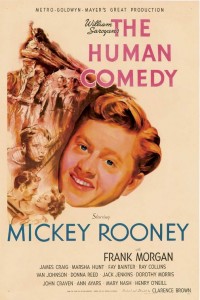
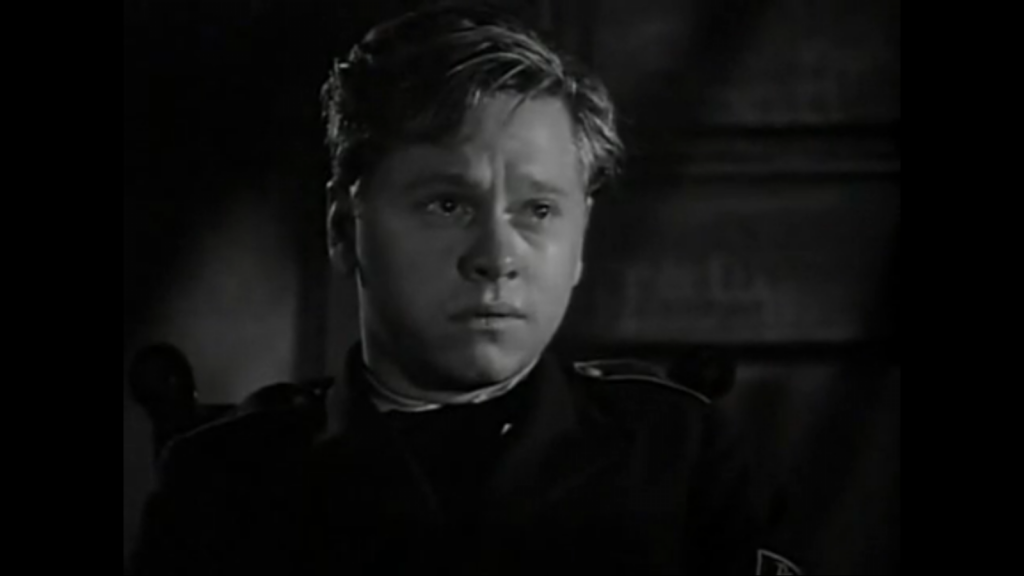
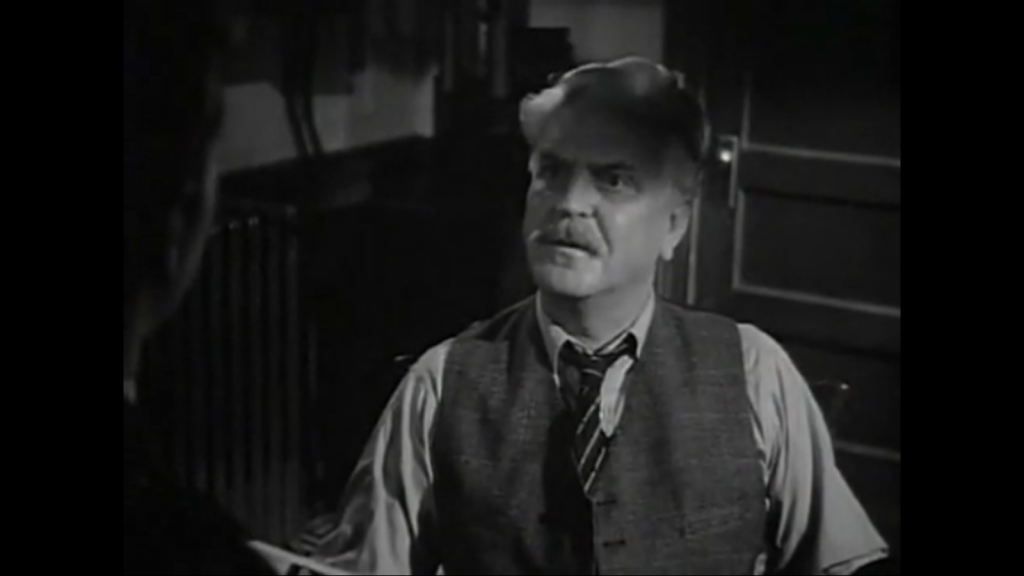
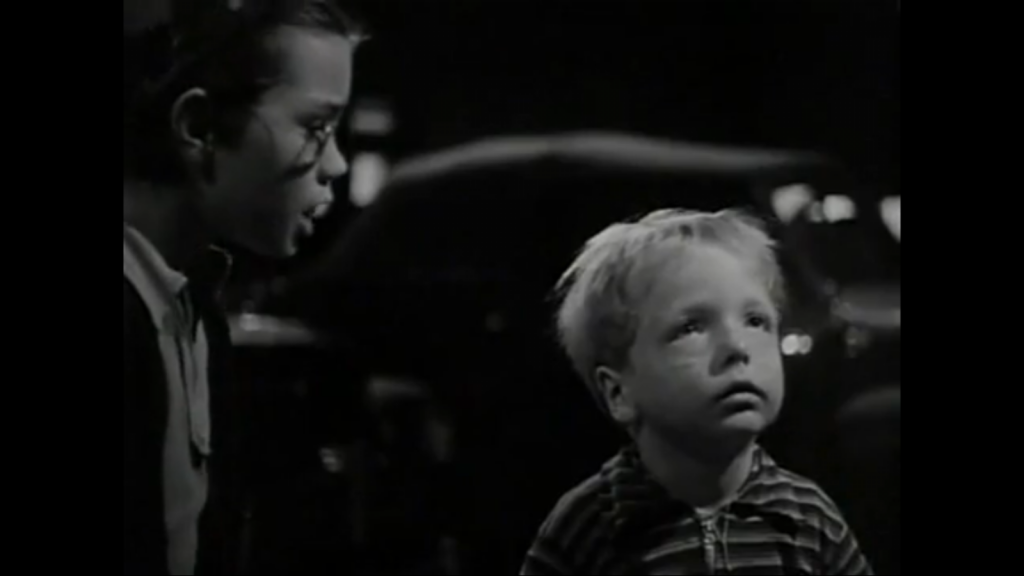
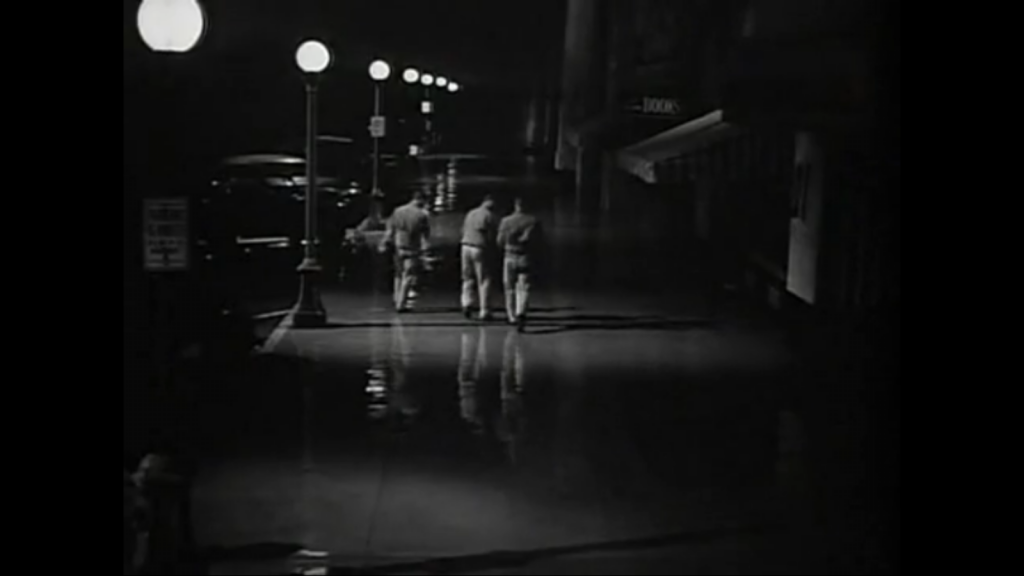
One thought on “Human Comedy, The (1943)”
Not a must, but not a waste of time.
This was a first-time viewing for me. I’m largely in agreement with much written in the assessment regarding the film’s successful and less successful elements (and, agreed, the romantic subplot is esp. baffling). To me, ‘THC’ is a film that seems to pull you out of it as much as it pulls you in.
It’s not that easy to pinpoint why. Of course, it’s virtually plotless and has a patchwork-quilt quality. So its very nature leaves out much in the way of momentum. You have to go with its mood – and its mood is wrapped around the kind of America that simply doesn’t exist anymore. And, even when it did…it is seen here through the eyes of Saroyan the idealist. At least in his work, Saroyan apparently believed that the world needed to be a nicer place – not that anyone would argue with that, but the presentation of that view doesn’t always seem to ring true here. Though, of course, sometimes it does; so the result is something of a mixed bag.
If you left out the boys-going-to-war angle, ‘THC’ would actually be rather like Thornton Wilder’s play ‘Our Town’, which premiered a few years prior. Both pieces are equally slice-of-life (and like the dead father in ‘THC’, the young female protagonist in ‘Our Town’ – who has died – returns to the world, unseen and unheard). By comparison, ‘Our Town’ is the more successful, more balanced piece (tho I don’t mean the film version).
Another issue here is the direction by Clarence Brown (see my post on ‘Angels in the Outfield’). It’s a bit thick.
That said, Rooney’s performance in particular is impressive. As well, there are moments in the film that are genuinely moving. (And one that is bizarrely frightening: when a man in a shop window ‘teaches’ Jackie Jenkins what ‘scared’ means. I was pretty freaked-out myself.)
Notes:
– Robert Mitchum is one of three men about to go off to war who goes with Donna Reed and her friend to the movies. Later in the film, a bunch of men off-to-war are heard singing “Leaning on the Everlasting Arms”; it may remind you that that song is also featured prominently in Mitchum’s later film, ‘The Night of the Hunter’.
– I played an Irish priest in a production of Saroyan’s play ‘The Beautiful People’. Seeing this film reminded me of Saroyan’s overall sensibility.